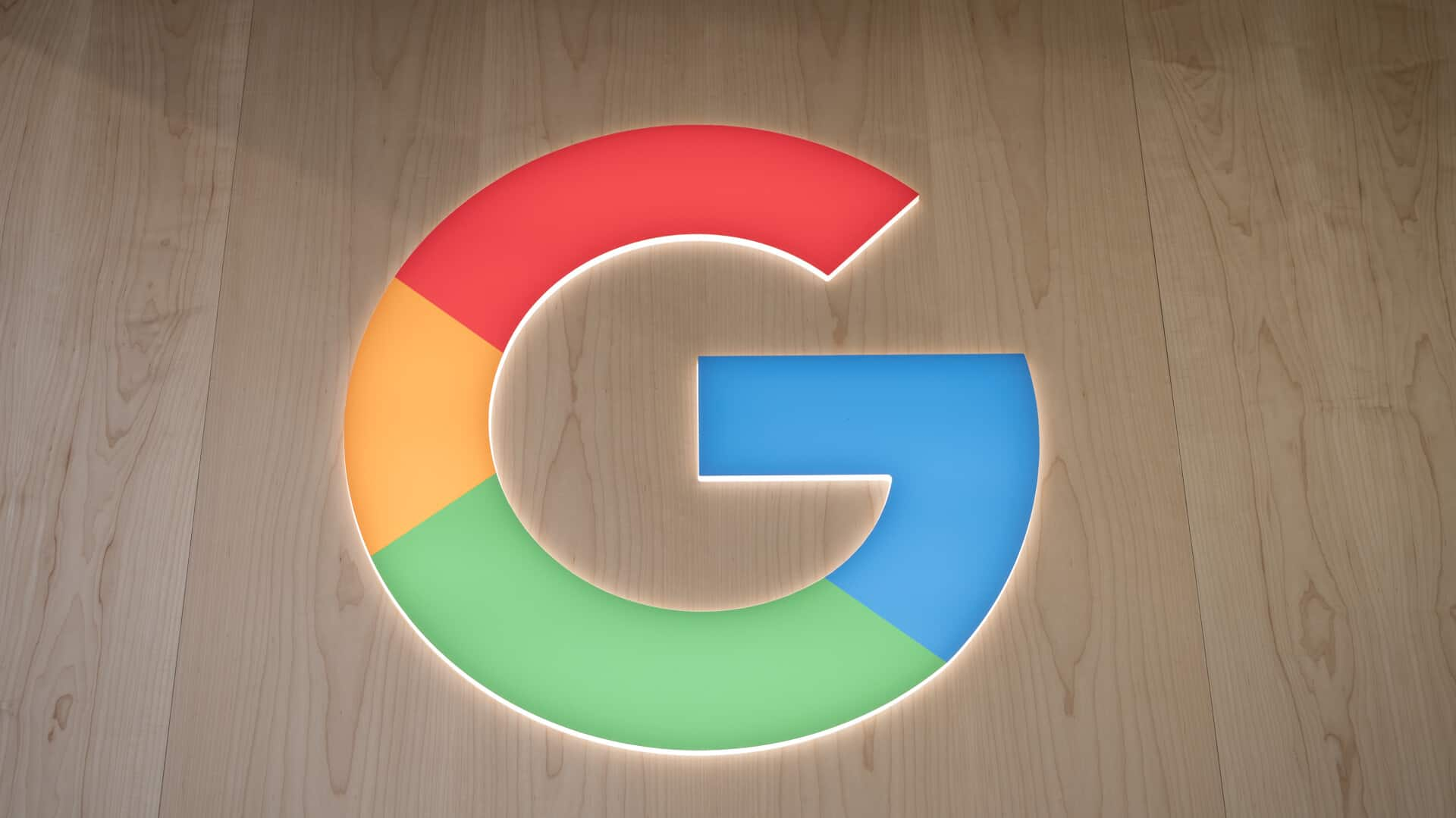
Google launches three 'open' AI models prioritizing safety and transparency
What's the story
Google has launched three innovative 'open' generative artificial intelligence (AI) models, known as Gemma 2 2B, ShieldGemma, and Gemma Scope.
These models are the latest additions to the Gemma 2 series of generative models that Google first introduced in May.
They are designed to be safer, smaller, and more transparent than most existing models.
Unlike the 'closed' Gemini models used by Google's own products and available to developers, the source code for the 'open' Gemma series is available.
Model features
Gemma 2 2B: A lightweight model for text generation
The Gemma 2 2B model is specifically designed for generating and analyzing text.
It's a lightweight model that can operate on various hardware types, including laptops and edge devices.
This model is licensed for specific research and commercial applications, and can be downloaded from platforms such as Google's Vertex AI model library, Kaggle - the data science platform, and Google's AI Studio toolkit.
Safety measures
ShieldGemma: A safety shield against toxic content
ShieldGemma, another new addition to the Gemma series, is a set of "safety classifiers" designed to detect toxic content like hate speech, harassment, and sexually explicit material.
Built on top of Gemma 2, ShieldGemma can filter prompts to a generative model as well as the content generated by the model itself.
This feature enhances the safety aspect of these AI models by actively monitoring and filtering out potentially harmful content.
Model transparency
Gemma Scope: A tool for deeper understanding of AI models
The third model, Gemma Scope, offers developers an opportunity to delve deeper into specific points within a Gemma 2 model.
It makes the inner workings of the model more interpretable by expanding complex information into an easier-to-analyze form.
As Google explains in a blog post: "[Gemma Scope is made up of] specialized neural networks that help us unpack the dense, complex information processed by Gemma 2, expanding it into a form that's easier to analyze and understand."
Official endorsement
US Commerce Department endorses open AI models
The launch of these new models comes shortly after the US Commerce Department endorsed open-source AI models in a preliminary report.
The report emphasized that open models increase the availability of generative AI to smaller companies, researchers, nonprofits, and individual developers.
It also underscored the importance of monitoring capabilities for potential risks associated with these models, highlighting the relevance and timeliness of Google's latest AI advancements.
Last month, Meta launched Llama 3.1 as its largest open-source AI model yet.